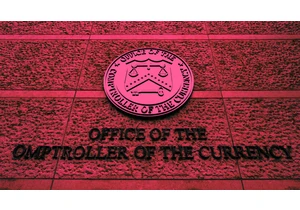OpenAI on Monday launched its new AI model GPT-4.1, along with smaller versions GPT-4.1 mini and GPT-4.1 nano, touting major improvements in coding, instruction following, and long context comprehension.
The new models, available only on OpenAI’s application programming interface (API), outperform the company’s most advanced GPT-4o model across the board, the ChatGPT maker said.
With improved context understanding, they can support up to 1 million “tokens” — a term that refers to the units of data processed by an AI model. The models are also equipped with refreshed knowledge up to June 2024.
GPT-4.1 showed a 21% improvement over GPT-4o and 27% over GPT-4.5 on coding. Meanwhile, the improvements in instruction following and long context comprehension also make the GPT-4.1 models more effective at powering AI agents.
“Benchmarks are strong, but we focused on real-world utility, and developers seem very happy,” CEO Sam Altman said in a post on social media platform X.
The family of models also operate at a “much lower cost” compared to GPT-4.5, OpenAI said. The company added it would turn off the GPT-4.5 preview that is available in the API in July, as the new models offer “improved or similar performance.”
OpenAI in February released the GPT-4.5 research preview for some users and developers and announced plans to expand access in subsequent weeks.
—Deborah Sophia, Reuters
Jelentkezéshez jelentkezzen be
EGYÉB POSTS Ebben a csoportban

If you’re planning to see the new Minecraft movie and haven’t heard of the viral “chicken jockey” trend w

For about 20 years, Docusign has been known as a tool for collecting digital signatures—helping businesses replace paper forms with electronic versions that are just as secure and legally binding.

Recently, after decades of paying high fees for the aging photo-sharing site Flickr, I finally moved all my images to Google Photos. It saved money and offered advanced features, like very accurat



Last Friday, Elon Musk tweeted a grand unifying theory for America’s path to prosperity. “We need to shift people from low- to negat

Several of the largest U.S. banks are reportedly pausing or reassessing how they send sensitive information to the Office of the Comptroller of the Currency (OCC) following a major cyberattack on
